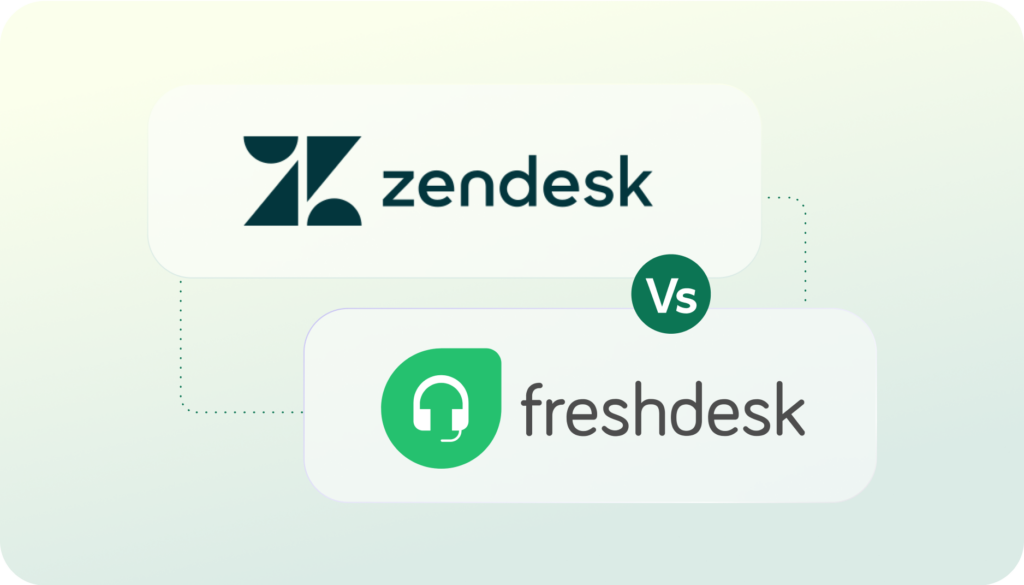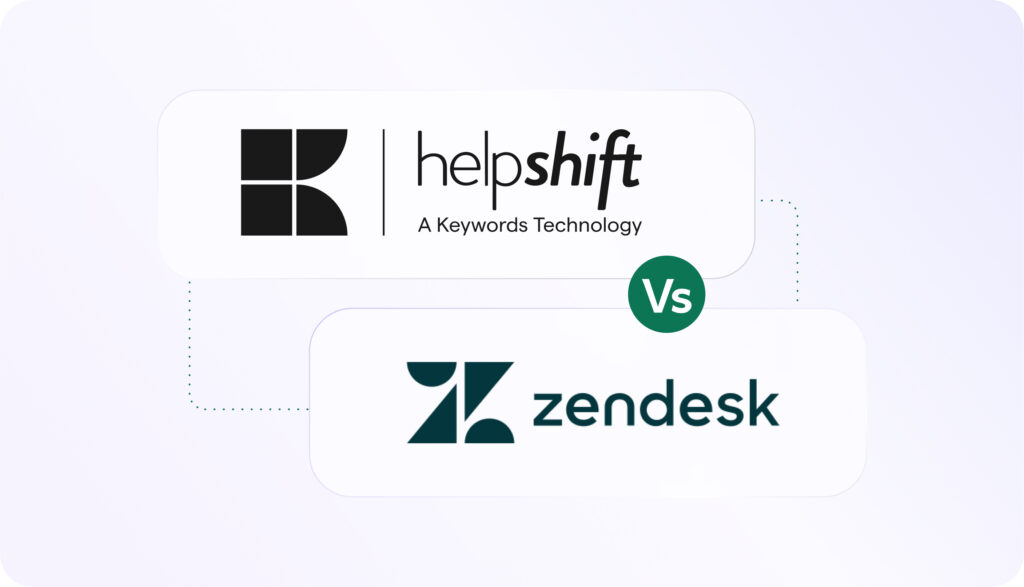EOL stands for “end of life,” and EOL support refers to the support a company offers after it decides to discontinue a product or service. It is slightly different than EOSL, which stands for “end of service life,” and refers to the date after which service and support will no longer be offered on a particular product. Vendors sometimes use the euphemism that a product has reached “the end of its useful life,” so that’s another term you may hear in this arena.
It’s also important to note that EOL support might be relevant if a product is not being discontinued, but a version of that product is. Companies may choose to institute EOL support for the version of the product until a certain date.

Why Does EOL Support Matter to Customer Service?
EOL support is essential to a brand and its customers. While the product may have reached the end of its so-called useful life, the relationship with the customer is still important to the brand, and even if it isn’t, the greater reputation of the brand is. Handling EOL support with integrity and grace is critical to ending a product’s life gently.
In addition, without EOL support, a company may take on liabilities it did not intend. “To facilitate end-of-support,” says Techopedia, “forward-thinking organizations offer customers an end-of-support policy — vital because it allows individuals and businesses to protect themselves from harm, in the event of lack of support.
Techopedia offers the example of Microsoft Windows releasing successive versions of its popular OS. When it releases new versions, Microsoft simultaneously announces EOL support for obsolete versions: “An end-of-life policy or end-of-support policy helps facilitate the migration of services and platforms so that businesses, federal/municipal agencies and individual users are not caught in the middle. ”
Additional Information About EOL Support
- Developer support: Notifications: Configure Push and In-app notifications
- Support: Guide: Creating Custom Push Notifications
- Support: Push Notifications: Getting Started



